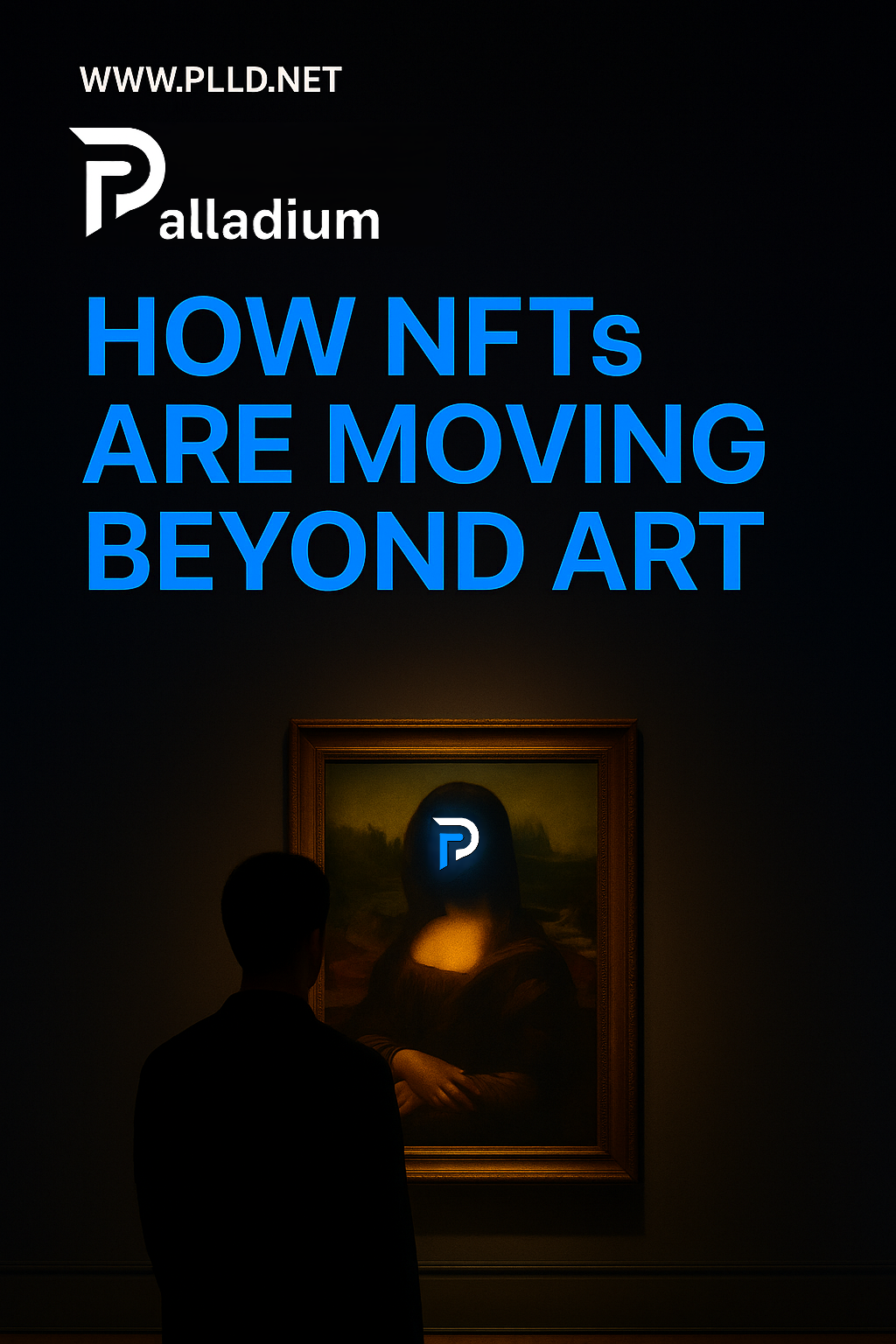Real-World Applications of NFTs
When NFTs (Non-Fungible Tokens) first captured global attention, they were often associated with pixelated avatars and digital artworks selling for astonishing sums. Yet beyond the headlines lies a powerful technology redefining how ownership, authenticity, and value are managed. NFTs are more than collectibles — they’re a foundation for a new digital economy built on transparency and trust.
Today, the conversation around NFTs has shifted. Their potential extends into industries such as ticketing, real estate, education, and identity management. As adoption grows, NFTs are reshaping how we interact with both digital and physical assets.
Ticketing and Events
NFTs can serve as secure, tamper-proof tickets that eliminate counterfeiting and streamline secondary markets. Organizers can enhance fan engagement by embedding rewards, exclusive content, or loyalty perks directly into blockchain-based tickets.
Identity and Certification
From university diplomas to professional licenses, NFTs are transforming how credentials are issued and verified. Institutions can mint documents as NFTs, ensuring they are verifiable, secure, and resistant to forgery — ushering in a new era of digital trust.
Real Estate and Ownership
Property tokenization allows investors to buy fractional shares of real estate via NFTs. This creates new pathways for liquidity and global participation, enabling someone in one part of the world to invest seamlessly in assets located elsewhere. Blockchain-backed property ownership may become a cornerstone of the next-generation real estate market.
Gaming and the Metaverse
NFTs are unlocking true digital ownership in games and virtual worlds. Players can trade, own, and transfer in-game assets freely across platforms, establishing real economic ecosystems where digital items have tangible value.
Music and Entertainment
Artists can now release albums, tracks, or concert experiences as NFTs, bypassing traditional intermediaries and retaining a larger share of their earnings. Fans gain unique access to limited-edition content, royalties, or exclusive events, deepening the artist–audience connection.
Brands and Retail
Luxury and retail brands are experimenting with NFTs as digital twins for physical goods, loyalty tokens, and interactive brand experiences. These initiatives strengthen authenticity, reinforce customer trust, and create immersive relationships between brands and consumers.
Why This Matters
NFTs highlight a larger truth: blockchain isn’t just about finance — it’s about proving ownership and building trust. By establishing a universal, transparent system for verifying what’s real and who owns it, NFTs open the door to a more secure and efficient digital economy. Whether verifying a concert ticket or recording the deed to a property, NFTs create an unforgeable link between people and their assets.
Looking Ahead
The early wave of NFT speculation was only the beginning. The next chapter focuses on utility, integration, and real-world application. As adoption spreads, NFTs will increasingly become part of everyday life — from proving identity online to unlocking access in smart environments. The transformation is already underway, and its pace depends on how quickly industries and individuals embrace this new paradigm of digital ownership.
Final Thoughts
NFTs are evolving from novelty items into the infrastructure of the digital age. Their ability to verify authenticity, enable global participation, and connect digital assets to the real world makes them a defining innovation of modern technology. NFTs are not just pictures — they are the foundation of a new economy built on verified ownership and digital trust.
